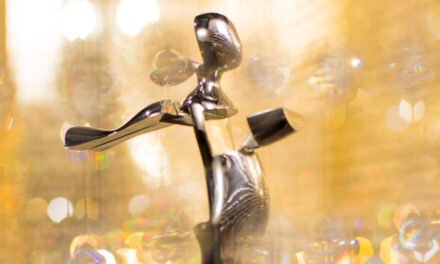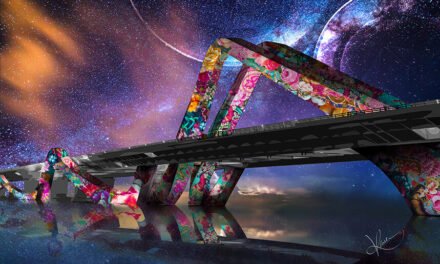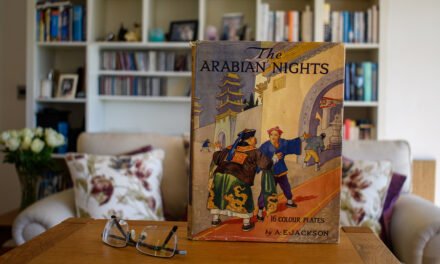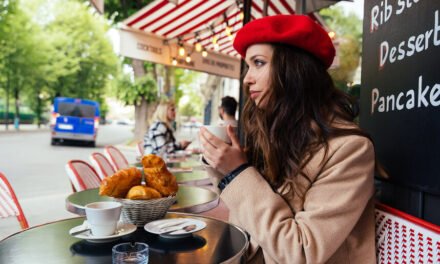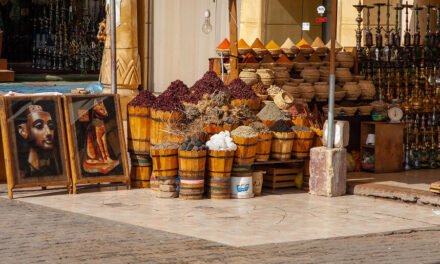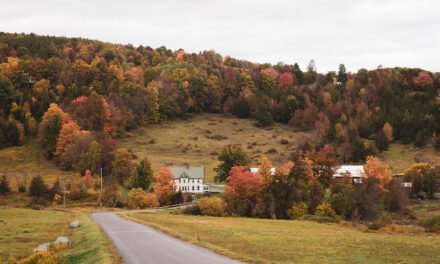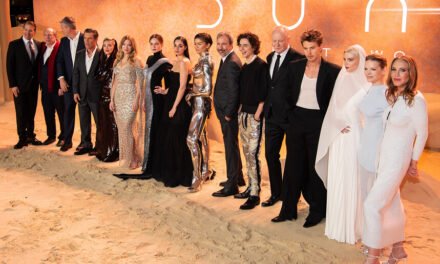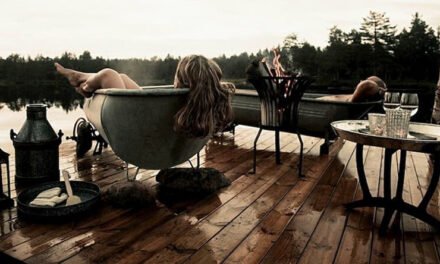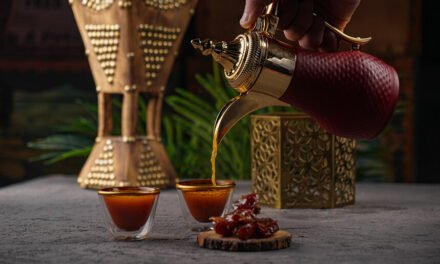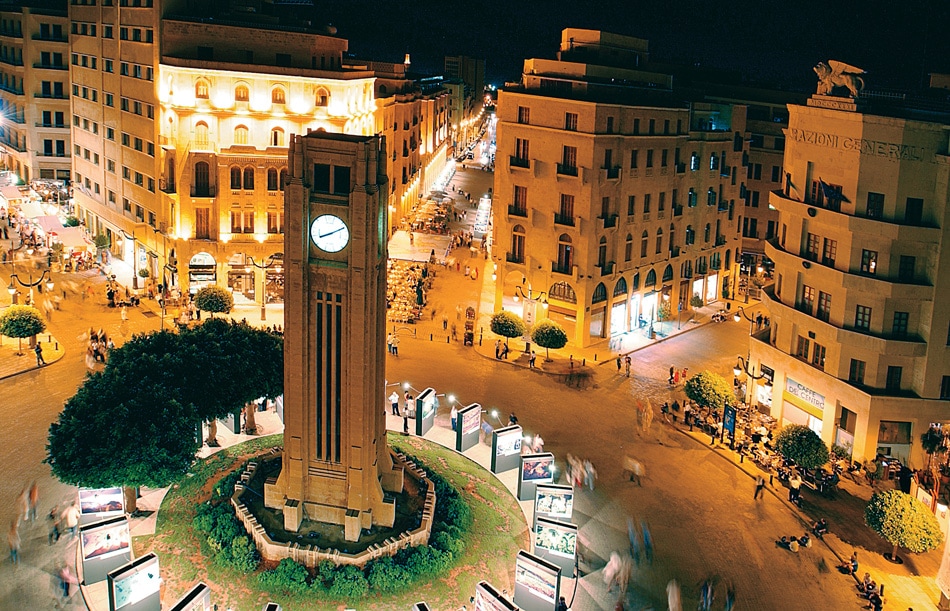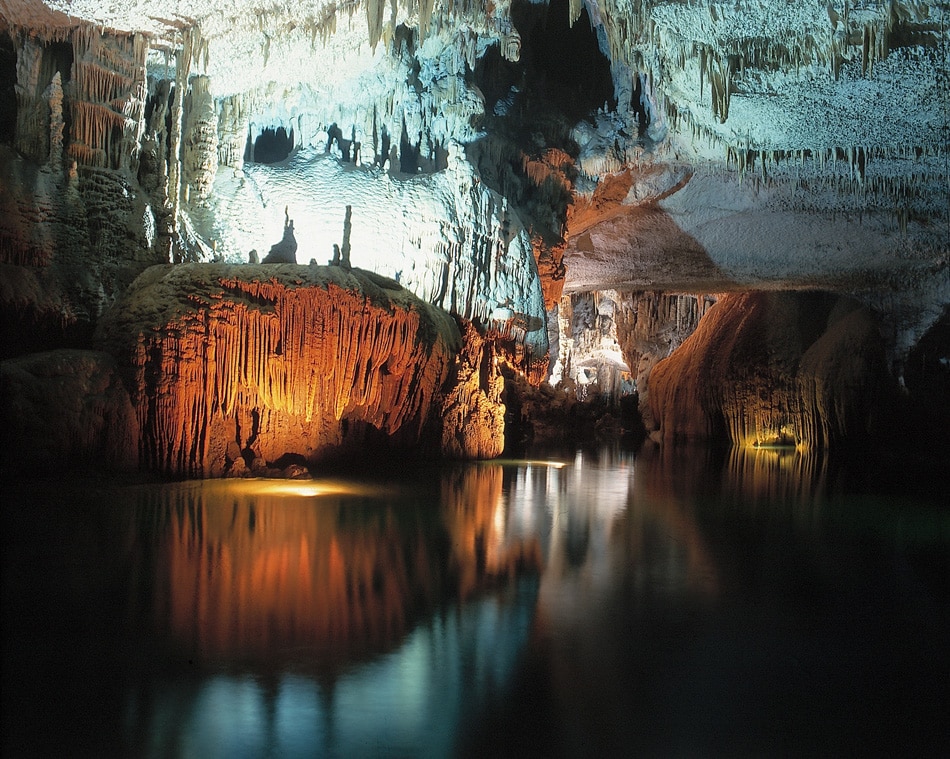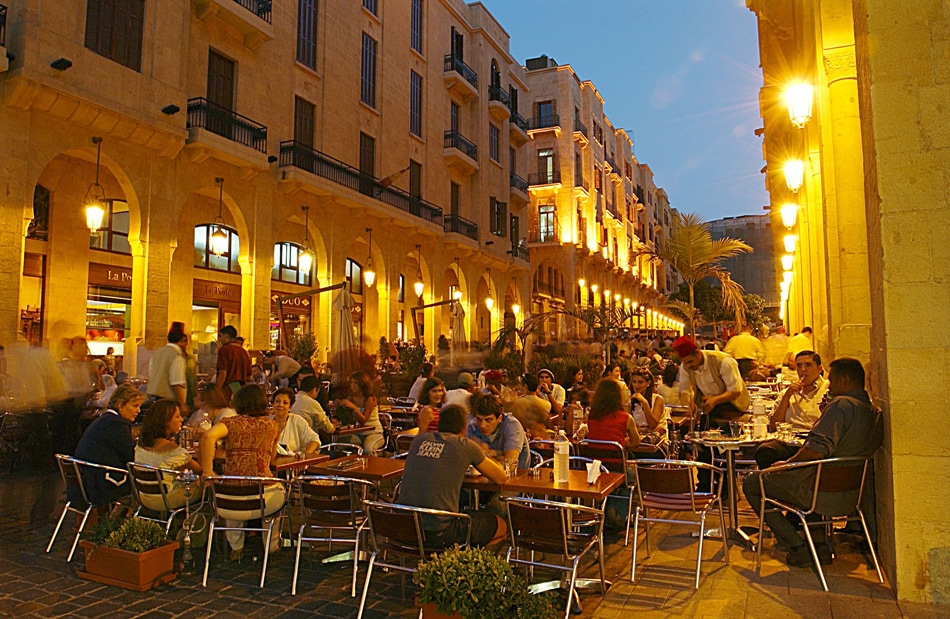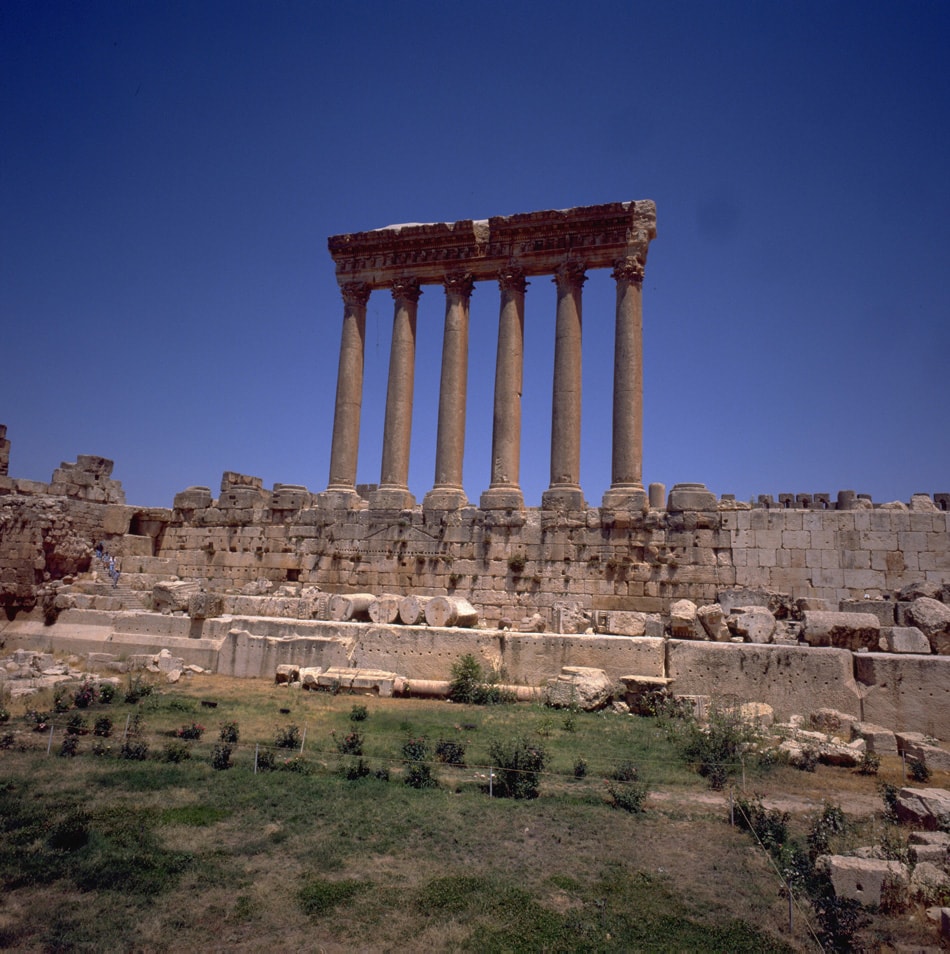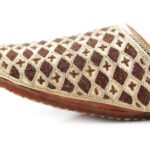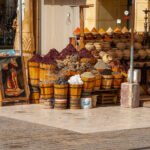I had been waiting for 15 years for this moment. Finally my fiancé Josh and I decided to go back to my roots, my homeland, my Eden of Lebanon. Our trip had been planned since the day we met three years ago. Every night after the stress of the day, we sat over Ahwee coffee and discussed how to spend our 240 hours in Lebanon.
It wasn’t long ago that Beirut lay in rubble from countless years of civil war. With unrest behind them, the Lebanese have worked hard to return Beirut to its former glory. The downtown area, which was leveled during the war, has been completely rebuilt. All over the city, demolished buildings have been replaced with five-star hotels and fine restaurants. Today, Beirut is thriving, cosmopolitan and fashionable.
“Of course the air,” I reply. “The air overwhelms you. Like the fresh cut grass on the field on one of those big game days you always talk about.
“Yes, but the air in general? Air is…just air,” he reasons. Then he retreats to his book.
With 10 hours time difference and after a long layover in London, the anticipation builds as the pilot announces we are close to landing. You feel your heart beat. You are anxious, almost faint. Josh is so cute; I have never seen him so nervous. He is about to have the experience of a lifetime. The airport looks much different from the last time I was home. They have done an amazing job remodeling, and it really shows. The customs officer smiles at Josh. “First time in Lebanon?”
“He will be meeting my family shortly,” I tell him.
He seems pleased to hear it. The male bonding is instant, and Josh has his first friend in Lebanon.
“The average cab in Beirut is an old Mercedes, and if you are in Beirut for any period of time, taking a cab is unavoidable.”
Then, seemingly from nowhere, my family is running towards us. It was the loudest commotion I had heard in years. So many descending on us—cousins, neighbors, my brothers and their kids, old friends, Mom and Dad—over 25 in all. I was hearing enough Arabic words of endearment to fill a candy store:“Mommy, Habibi” (My love)“Ayouni”(The eyes of my soul)“Albee” (My heart)“Hayati” (Darling).
The avalanche of emotions swept over all of us. Through tears of joy, all my relatives hugged me and wanted to ask a million questions. They held me and would not let go. For Josh, a reunion means a light hug and handshake from his mom, dad and brother. You could see that he was in culture shock—on the outside looking in. Then one of my uncles gave Josh the biggest bear hug, bringing him into the center of the emotional tornado.
You could feel the tension when people fell silent as Josh and my father came face to face. The two men approached each other, and my father said, “Ya halla bil sohr.” Josh looked puzzled until I translated. “He says, welcome to my future son-in-law.” Without a word, Josh gave my father a hug, and the entire family started to cry and cheer. The celebration was back on.

The scene at the family home was straight out of our airport greeting. Expressions of hospitality on every side. Mezza a mile long—baba ghanouj (mashed eggplant dip), tabouli (chopped Italian parsley with bulgur and lemon juice), stuffed grape leaves, olives, foul (fava beans with garlic, lemon and olive oil)—accompanied Arabic coffee and chai (tea). All the vegetables were grown locally and hand picked, probably a few hours before.
The height of fun was watching Josh practicing his Arabic with my aunts as they practiced their English with him. Each new visitor’s arrival meant another round of coffee, tea and mezza and catching up.
Even though he seemed to be having fun, I apologized to Josh for plunging him into this hectic unfamiliar scene after such a long flight. But he insisted that he was enjoying the experience. “I love the passion your family brings and the way they take care of you. When one’s needs are taken care of so graciously—that’s the ultimate luxury.”BeirutOn the first morning in Beirut, we were awakened by the sun shining through the balcony window, and it was time to explore this exciting new city. We went for a short walk up Hamra Street before breakfast. The shopkeepers were busy unlocking and rolling up the metal shutters. The newspaper vendors were putting out new magazines and papers on their stands, and the noise of the taxis and traffic was invigorating.
“There is no way around it—Beirut has the most irritatingly, frustrating taxi system of any city in the world, including Manhattan,” Josh said. “Look at the way they drive with such reckless abandon!”
The taxis honk their way through chaotic traffic, the drivers pay little attention to lights or right of way, and lanes scarcely exist. The average cab in Beirut is an old Mercedes, and if you are in Beirut for any period of time, taking a cab is unavoidable. The only advice I can really give is to bring along patience and a sense of humor. It’s all part of the Lebanon experience.
Nearly everyone who has spent any time here has a favorite man’oushe, aka Lebanese pizza. This cultural phenomenon seems to grow with each passing year. Village bakers open their ovens to locals 24 hours a day. Many bring their own ingredients to top the thin crispy bread. If you want to choose from the menu, it isn’t all that simple, with up to 70 different recipes, depending on which bakery you go to. Our top choice? The jibne wa zaatar (cheese with zaatar, powdered thyme).
Beirut is buzzing. Joggers weave in and out among pedestrians; carts selling freshly baked flatbreads dot the street; sidewalk cafes are filled with people lingering over rich Ahwee, fishermen line the shore in search of the perfect catch. Flirtation is ever present, with young men, thinking ahead to the weekend, sizing up young women for dates. From this perspective you can see why the Beirut Corniche is the hub of activity in Lebanon.

“Each year Baalbek hosts a music festival that brings in some of the world’s greatest talents to perform against this awesome backdrop. International stars regard the festival’s invitation as a great honor.”
The biggest symbol of Beirut’s rebirth is the downtown Solidere district, the city center revitalized by the vision and moxie of Rafic Hariri, the late billionaire and prime minister. While completely renovated, it still contains sites and monuments spanning 5,000 years and layers of civilizations. The newly chic neighborhood with renovated Ottoman arcades, designer boutiques and sidewalk cafes, is very inviting. By day the many cafés welcome you with café blanc (boiled rose water), but by night the area becomes a center of nightlife that would make the most confirmed New Yorker jealous.
Downtown offers an endless selection of restaurants, cafés and clubs. Indoor restaurant seating is virtually non-existent, with all dining outdoors on the sidewalk, and, at the shore, a seat with a Mediterranean view. Everything from traditional Lebanese to Chinese, American, French and Italian cuisine can be found on the narrow streets there. Letting the hours slip by while gossiping, laughing and smoking the argile (water pipe) is effortless and addicting.

“For the full throttle party person the night may never end,” she continues “You just can’t show up at midnight at BO18 or the Basement [two underground spots renowned for their eclectic rhythms and cutting-edge DJs], and expect to have fun. They are just getting going at two a.m.”
These clubs are only two of the many with special features that keep you coming back. BO18 has a retractable roof that opens at night, while the Basement combines a rustic décor with rotating art exhibits for its own special feel.
Whatever your preferences in party going, Beirut can fill the bill.Seeing the Sights—to the SouthA 30-mile drive along the sublime coast takes us to Eshmoun. Here, we walked through the marbled Phoenician temple complex built for the healing god of the same name. Legend has it that the Lebanese goddess Astarte fell in love with a young hunter. Afraid to endure the cultural wrath of returning the love of a goddess, he escaped her advances by mutilating himself and died. Her desire to be with him was so great that she brought him back to life in the form of a god. Yes, Lebanese passion runs deep.
The area was covered with colorful wildflowers, and the adjoining fields were full of banana trees with bright blue protective bags around the green stalks of fruit. “I never thought of Lebanon as a banana growing country,” Josh remarked.”
Just minutes from Eshmoun is the old seaport city of Sidon. There was never people as filled with pride as the residents here. Like other Phoenician cities, Sidon was under constant attack. At the end of the Persian era in 351 B.C., and with defeat imminent at the hands of Artaxerxes III, the Sidonians refused to submit to the invading forces. They locked their gates and set fire to their city. Over 40,000 died. Today Sidon is a bustling seaport with busy streets, small shops and patisseries. Oh my God, I can smell the patisseries from miles away before you pass by Sidon traveling south. “On the plane you said it was the air that defines Lebanon,” Josh said. “It seems as if the passion it evokes is its defining factor.”
“Maybe it’s the air that drives the passion,” I shot back. As we continue our drive south, we are about 50 miles from Beirut. This brings us to Tyre, once the trading capital of the world. The desirable location was of particular interest to Alexander the Great. Around 332 B.C. he set out to conquer this strategic coastal base. He is said to have spent years building a causeway out of debris to bridge the waterway in his undying effort to add Lebanon (known as Phoenicia then) to his list of conquests. Once within reach of the city walls, Alexander finally was able to surmount their defenses.
“More passion. Check,” said Josh. Seeing the Sights—to the North“Skiing? In the Middle East?” Josh was amazed to say the least.
As strange as it sounds, Lebanon’s mountains are ideal for skiing and other snow sports. With the Faraya ski resort just one-hour from Beirut and the historic Cedars ski area just two hours away, day skiing is quite feasible. An attractive ski bunny remarked to Josh, “Two hours ago I was walking on the coast of the Mediterranean in a summer dress, and now I am getting ready to ski. Where else on earth can you say that?”
The Cedars of Lebanon, or Al-Arz, are the pride of the land. The trees appear on the Lebanese flag as the symbol of resiliency and determination of the Lebanese people. As you enter this area, you can see that there is more than one significant site to explore. The spectacular Holy Valley gorge hangs over the lush Qadisha River, running past red-roofed villages. The village of Becharre here is worth a visit. It’s where the internationally known poet Gibran Khalil Gibran was born and buried. The Gibran Museum there houses his paintings, drawings and personal effects.

Even so, the real attractions are the Cedars themselves, standing in the most beautiful and dramatic place in the country. The ancient grove contains the oldest trees in the world, the last of the lumber that fueled the region’s meteoric growth in ancient civilization. Centuries of trade have taken their toll, and barely 400 mature cedars remain.
This was just a warm-up compared to the Roman ruins of Baalbek. Named after the Phoenician sun god Baal, it is the most gigantic complex of Roman temples ever built. Its columns are the tallest ever erected, and its stones the largest ever used for building. The ruins of the temple of Bacchus are the most well preserved in the world, and the number of ruin structures, dating back 5,000 years, is overwhelming.
Each year Baalbek hosts a music festival that brings in some of the world’s greatest talents to perform against this awesome backdrop. International stars regard the festival’s invitation as a great honor.
“All around me, people are transformed by the magic in the air created by the singers as they take on a larger than life glow from the giant moon,” says a man next to us. “There’s something about the air in Baalbek.”
Before getting back to Beirut, we stopped at the port town of Byblos, whose history spans 7,000 years. Byblos is the oldest continuously inhabited city in the world. Long before Greece and Rome, this ancient town was a powerful, independent city-state with its own kings, culture and flourishing trade.




